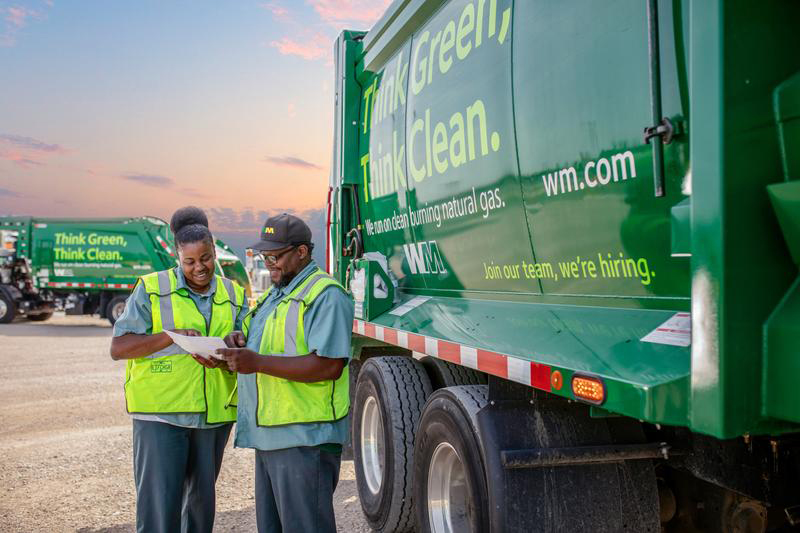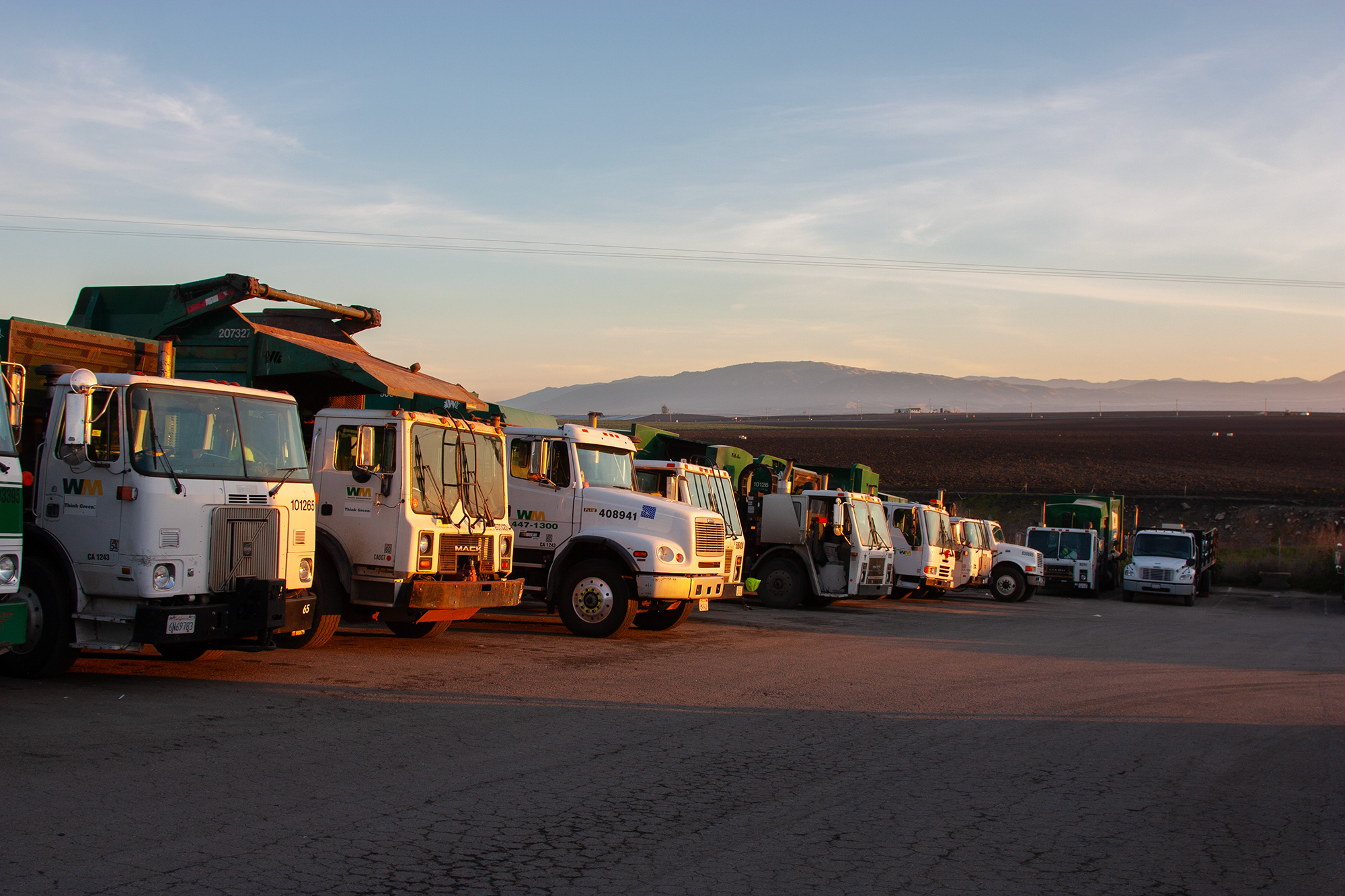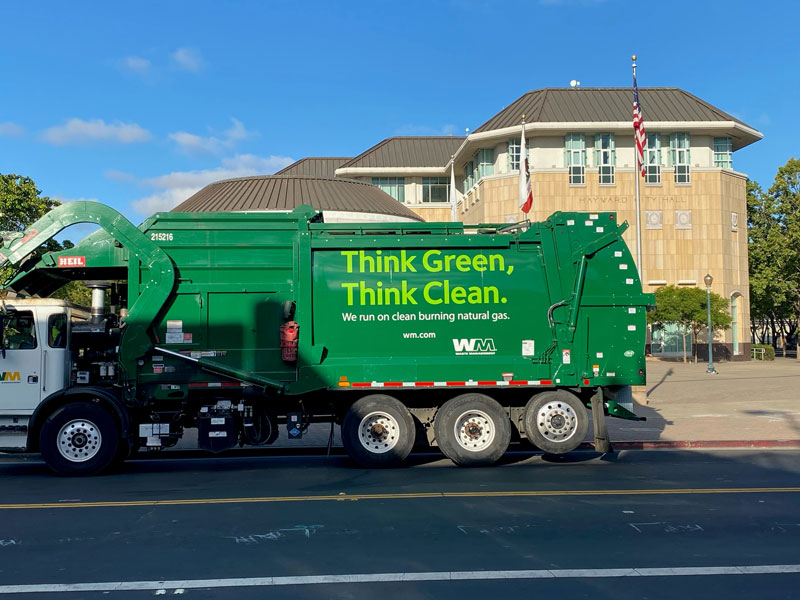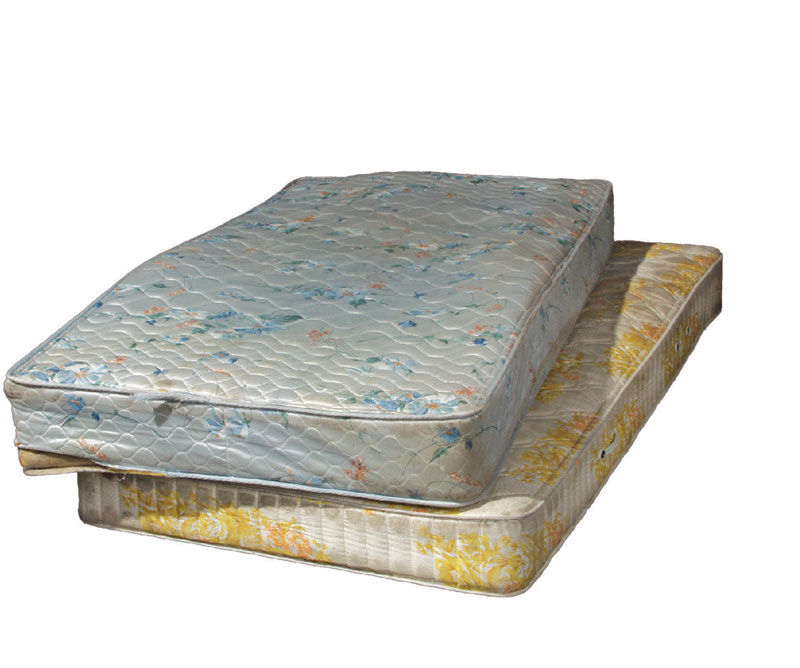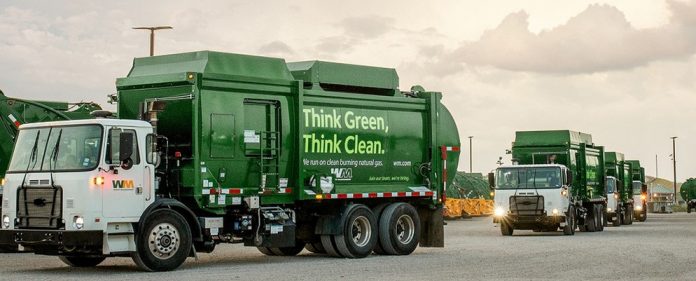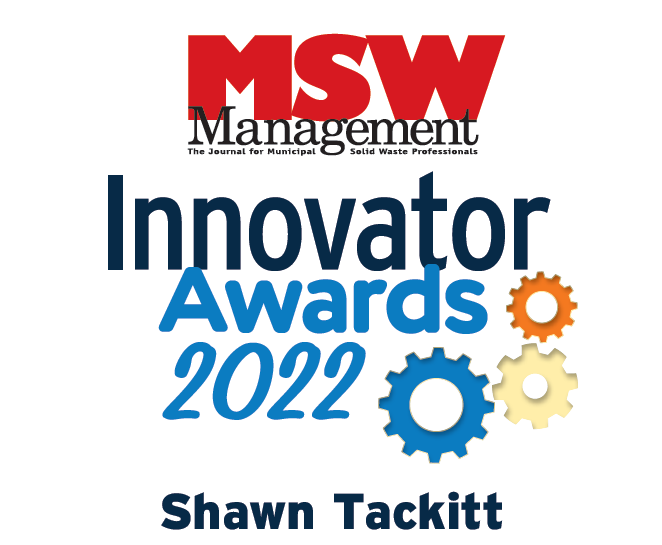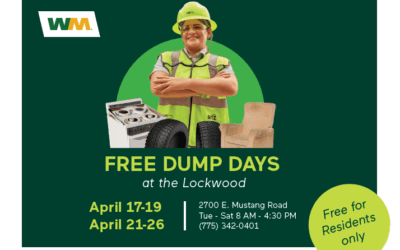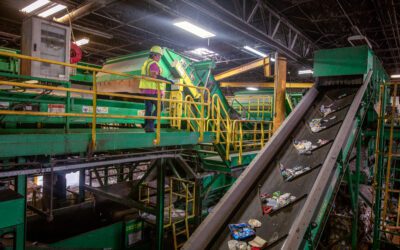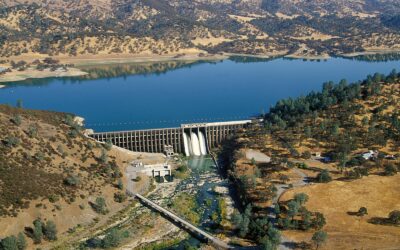As adults, we are keenly aware of the risks that climate change poses to our planet, society, and the well-being of current and future generations. From increasingly frequent extreme weather events to food and water scarcity, biodiversity loss, and more, the real-world impacts affect us daily. Children, however, need not be bogged down by the overwhelming nature of the problem to learn about the importance of conservation, sustainability, and environmental stewardship. Easy to manage lessons can be taught in an age-appropriate manner that inspires students to take positive action in their own lives.
Benefits of Recycling Education
Adopting a recycling and reuse education curriculum in the classroom is a positive way to instill a sense of personal responsibility to protect the environment and leave a habitable planet for future generations. Recycling and reuse help to conserve natural resources such as minerals, water, and energy. Through material and product reprocessing, we can reduce the need for raw material extraction, preserving precious natural resources and mitigating the environmental impact associated with over extraction.
Since children are the future decision-makers and leaders of society, teaching them to recycle right ensures that they carry forward these habits and values into adulthood, making a positive long-term impact on the environment. And, we have found that children often teach their parents what they’ve learned.
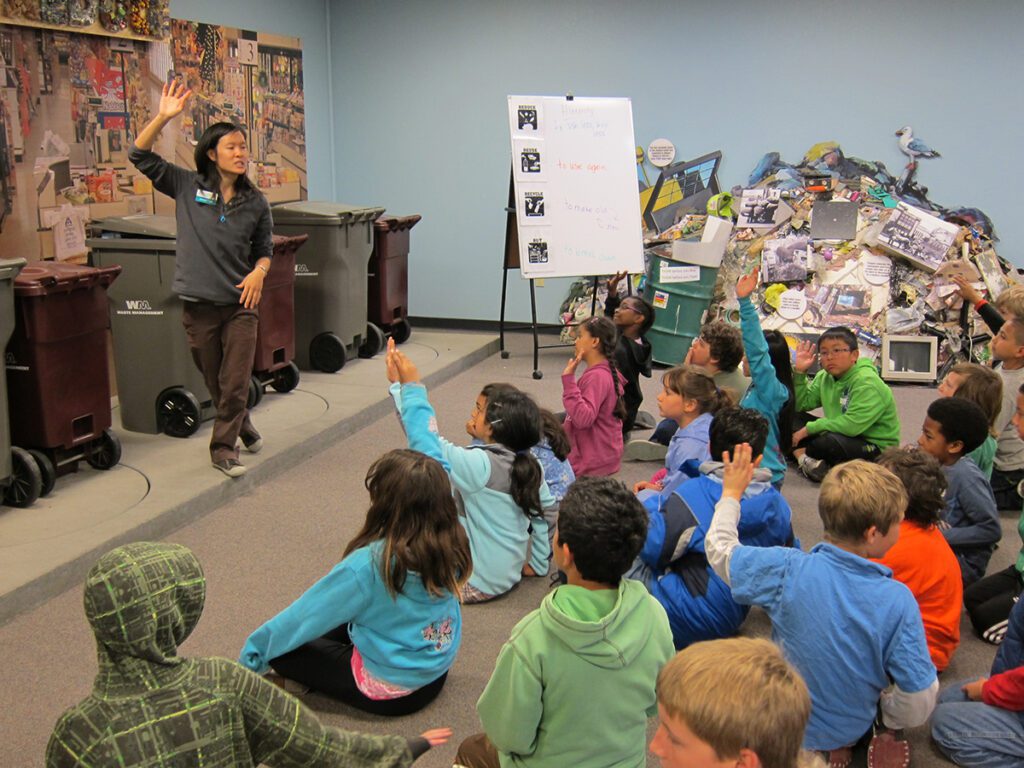
Students visiting the StopWaste Education Center at WM’s Davis Street Transfer Station
Recycling education not only benefits the world but also equips young people with essential life skills, fosters a sense of responsibility, and contributes to a culture of sustainability and waste reduction. Early education curricula instill in students the importance of coexisting with other ecosystems in a harmonious way and empowers them with daily habits that help protect their community and the environment beyond.
Foster Community Engagement Around Recycling
Involving children in recycling initiatives drives engagement in their classes, homes, or communities. Students may become interested in joining local cleanup events, recycling programs, or eco-clubs, which can promote a sense of belonging and responsibility within the community. Recycling education often involves parents and caregivers as well, giving kids a wealth of topics to discuss at home, promoting family engagement in sustainable practices and encouraging intergenerational learning.
Classroom Benefits
Teaching children about recycling right is beneficial for the learning environment as well. Recycling education encourages critical thinking. Kids learn to differentiate between recyclable and non-recyclable materials, developing decision-making and problem-solving skills. Recycling topics can be integrated into various subjects, enhancing students’ academic skills and knowledge. It encourages interdisciplinary learning and offers opportunities for research and projects.
WM has created a standards-based, interactive learning curriculum for elementary-age students called Recycle Right®. The curriculum is designed to align with the Next Generation Science Standards, using Science, Technology, Engineering, and Math (STEM) best teaching practices. At the end of the course, students will be able to answer questions like what is recycling? Why is recycling important to the community and the environment? What items can be recycled? Why does successful recycling depend on recycling right?
How Can Students Make an Impact on the Environment?
Recycling education helps children understand the importance of preserving natural resources for tomorrow. It encourages them to think about how they live their lives and develop life-long sustainable habits from an early age. These habits can include reducing waste, conserving resources, and making environmentally conscious choices in their everyday lives. Lessons can be made fun by showing students the endless possibilities for recycling household waste with hands-on art projects and group activities.
Download the Education Curriculum for Your Grade Level
The PDF file will be downloaded and/or opened in your browser.

